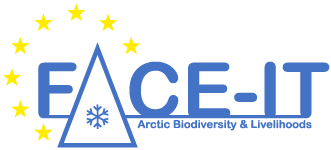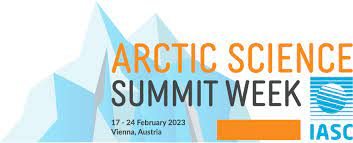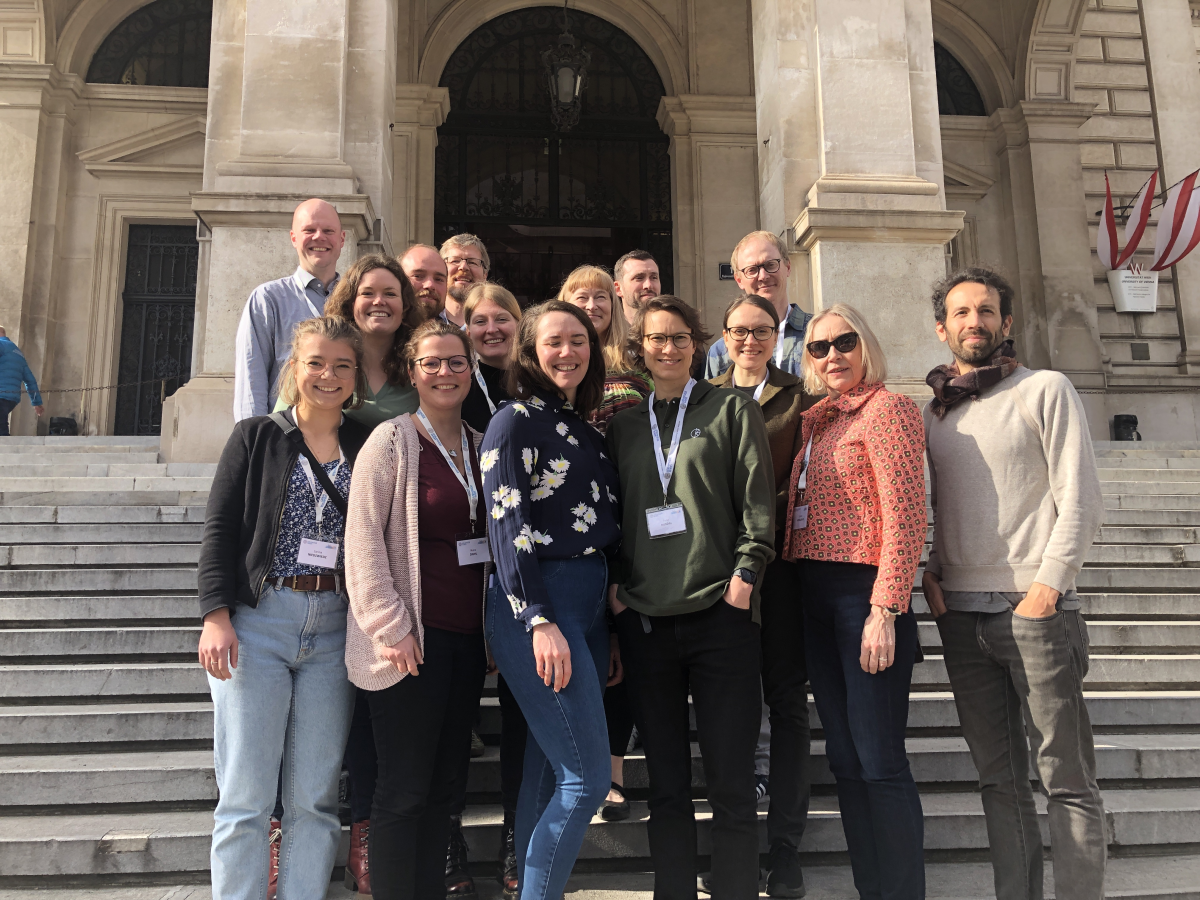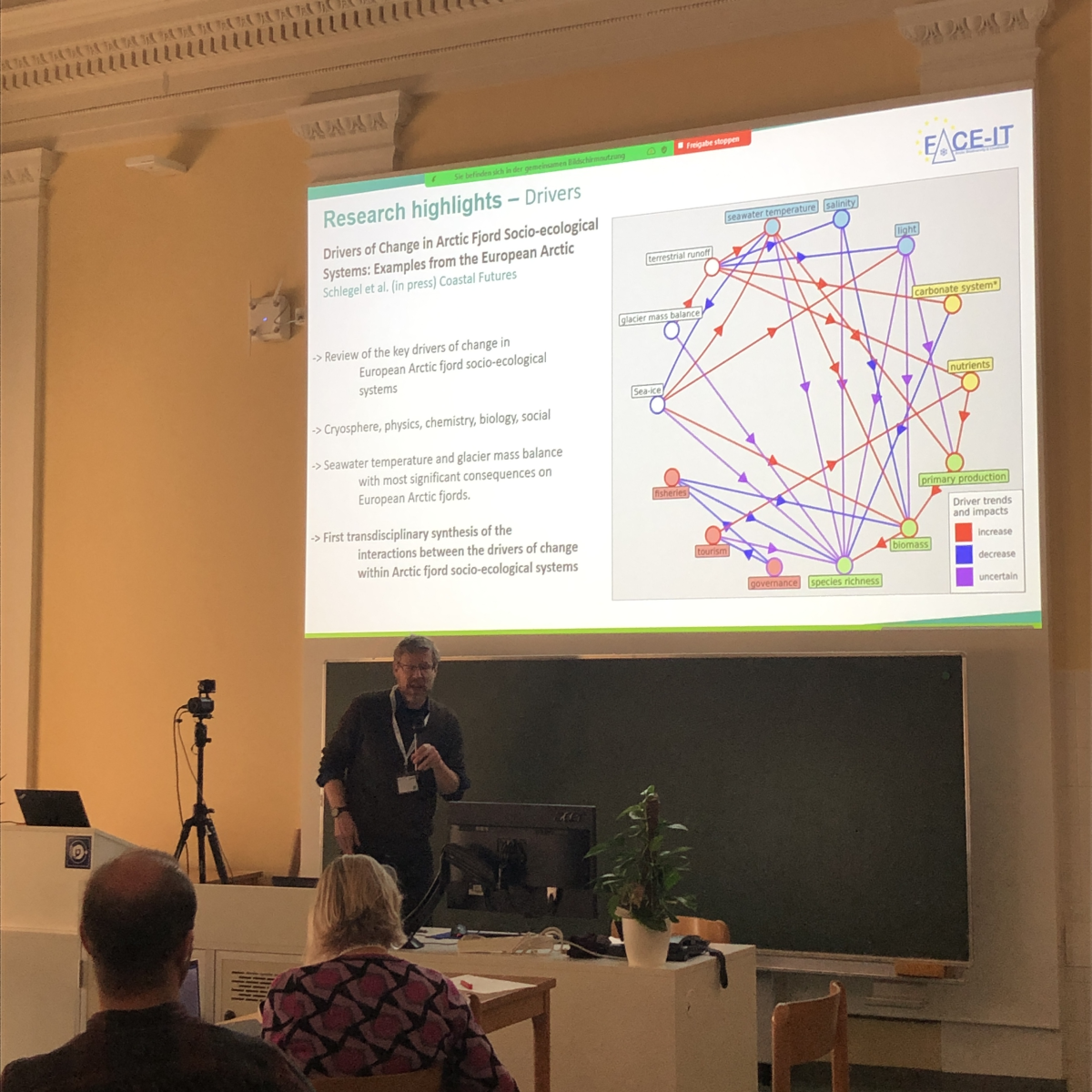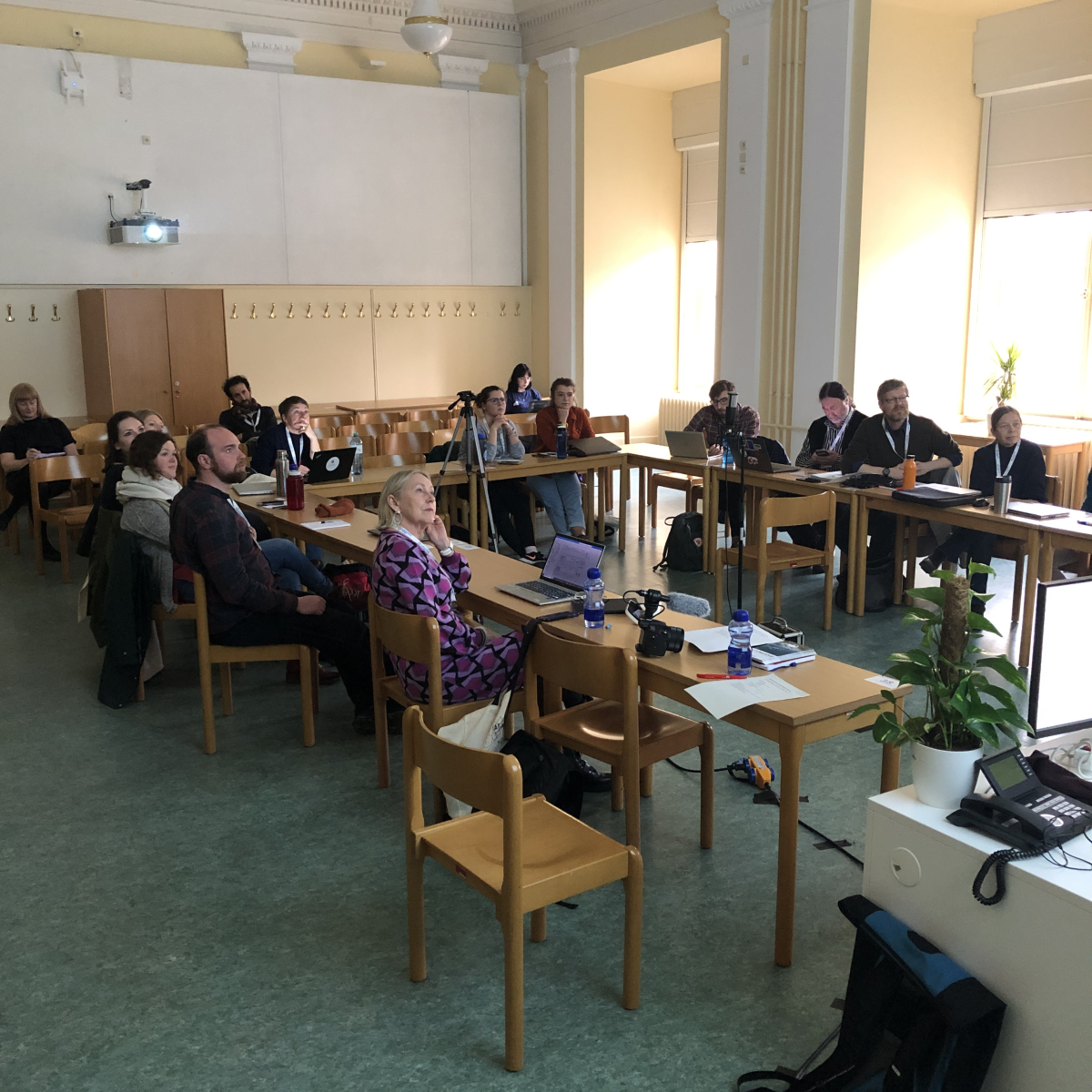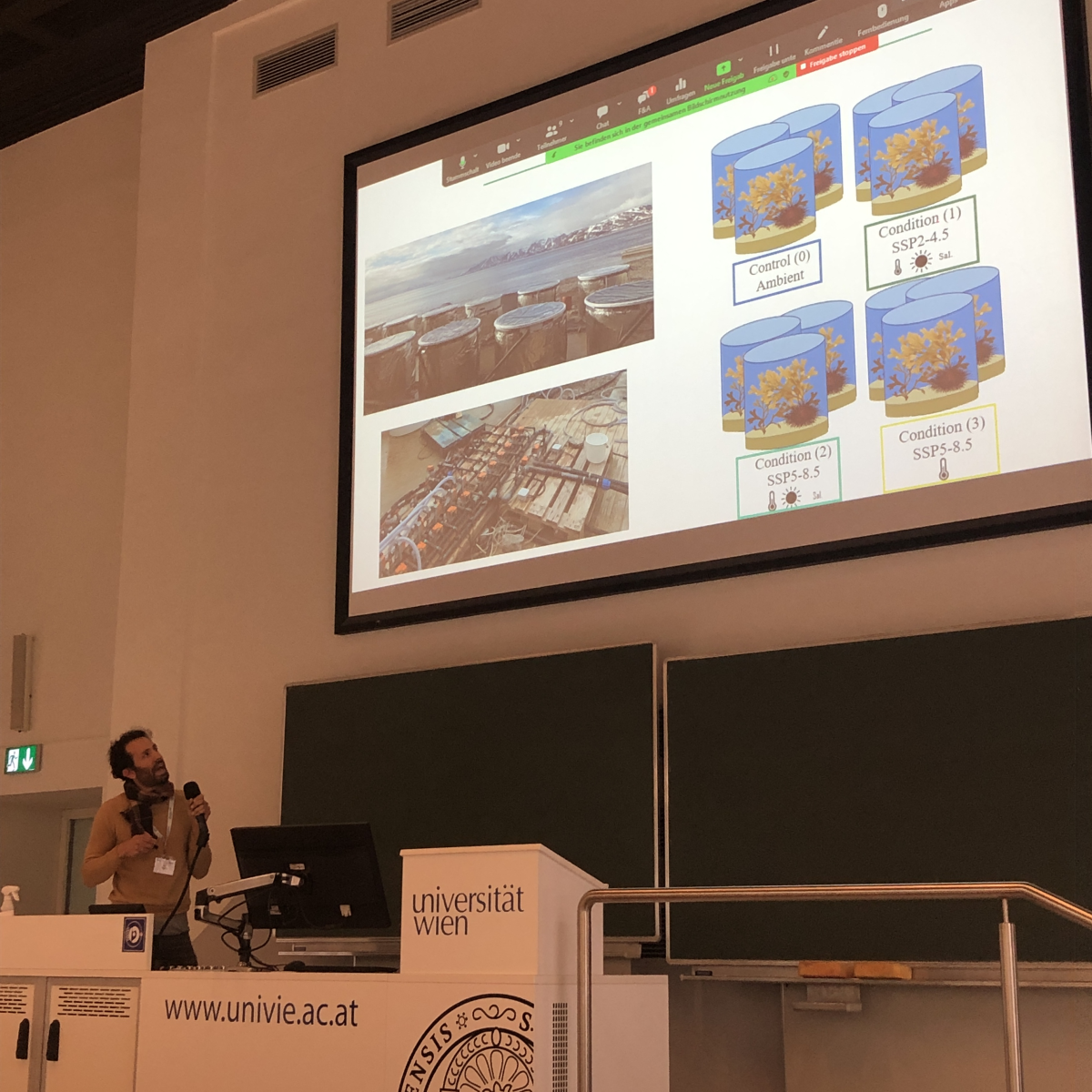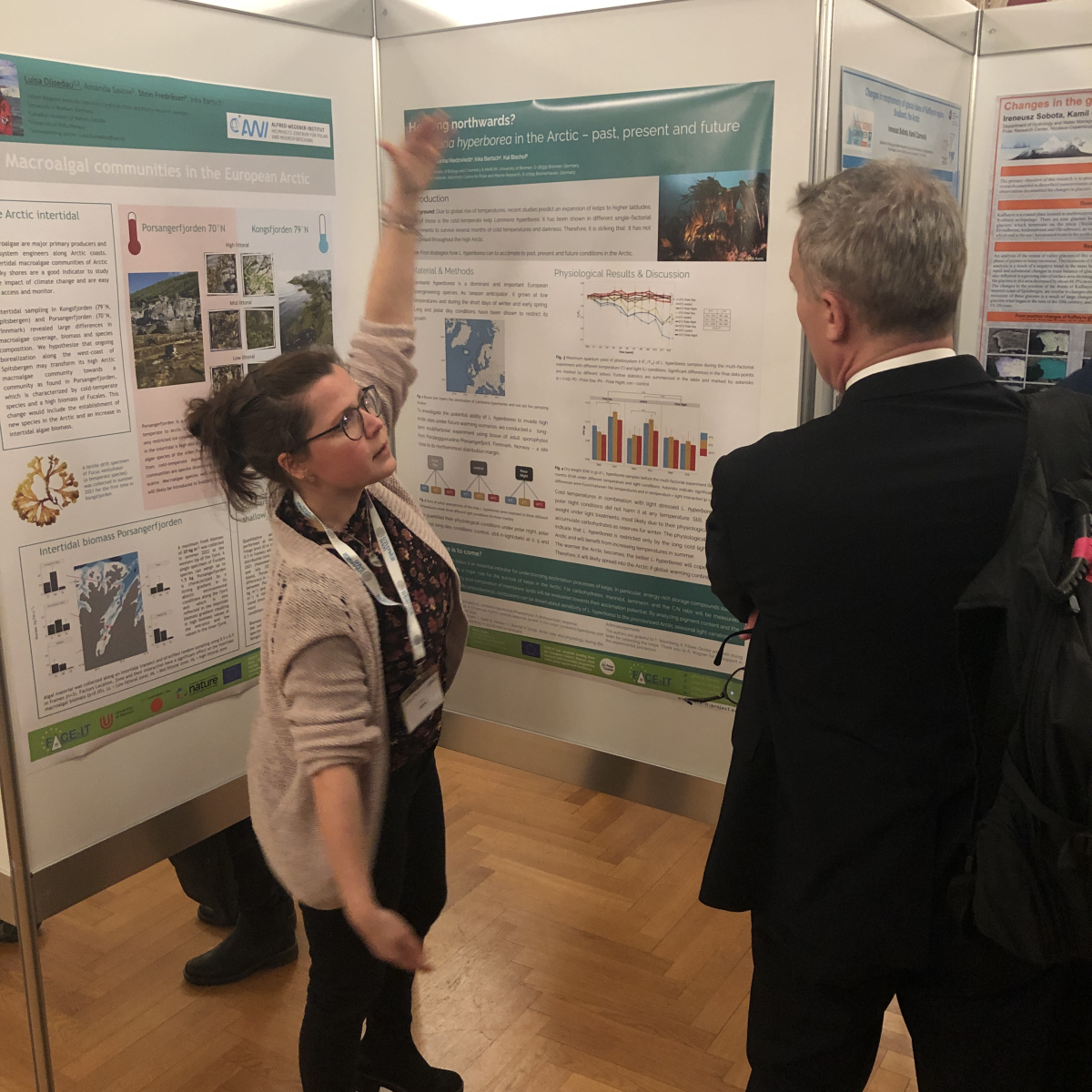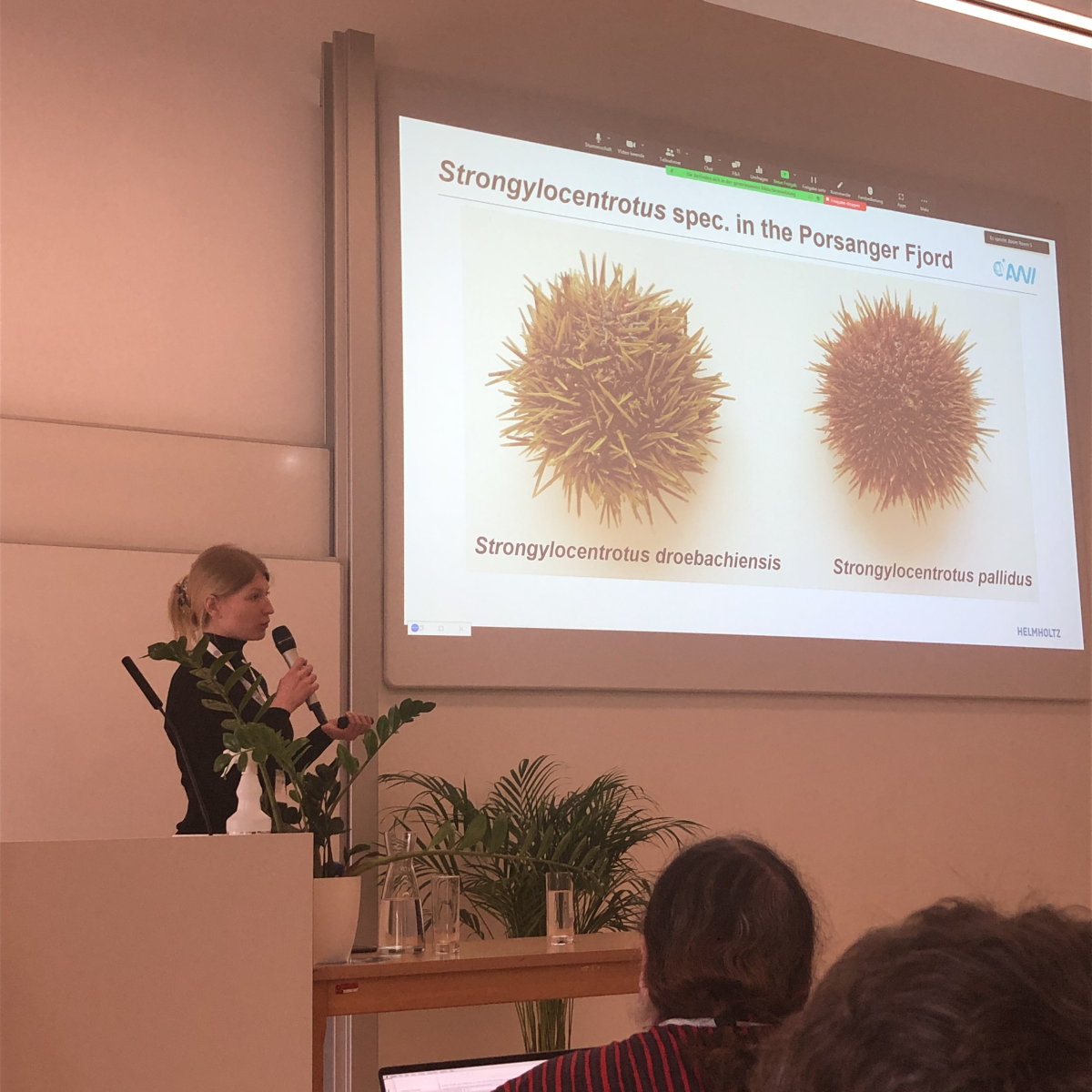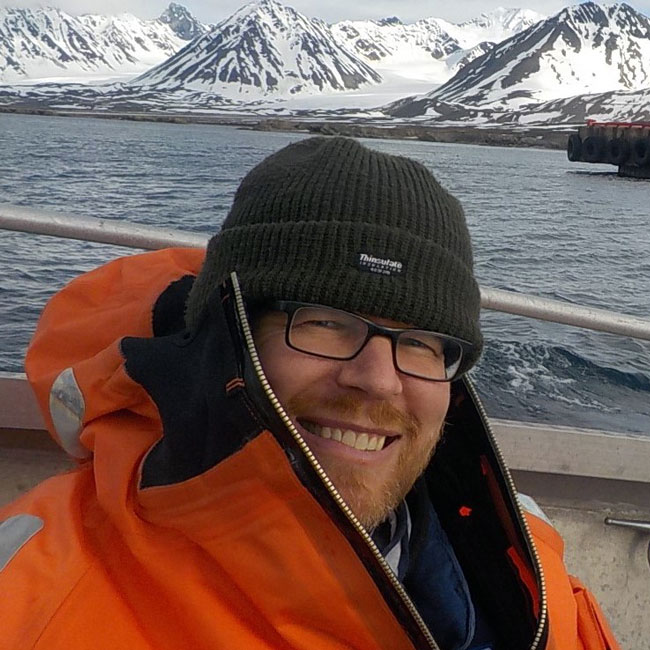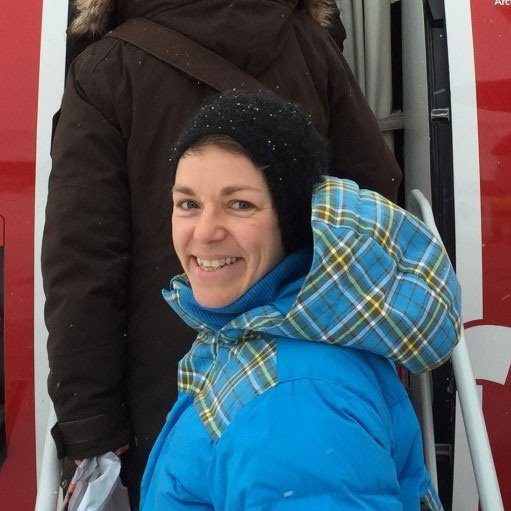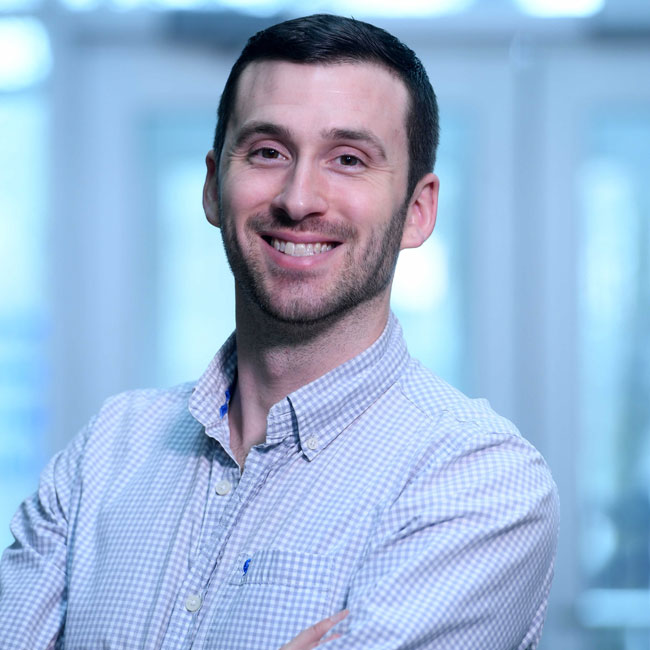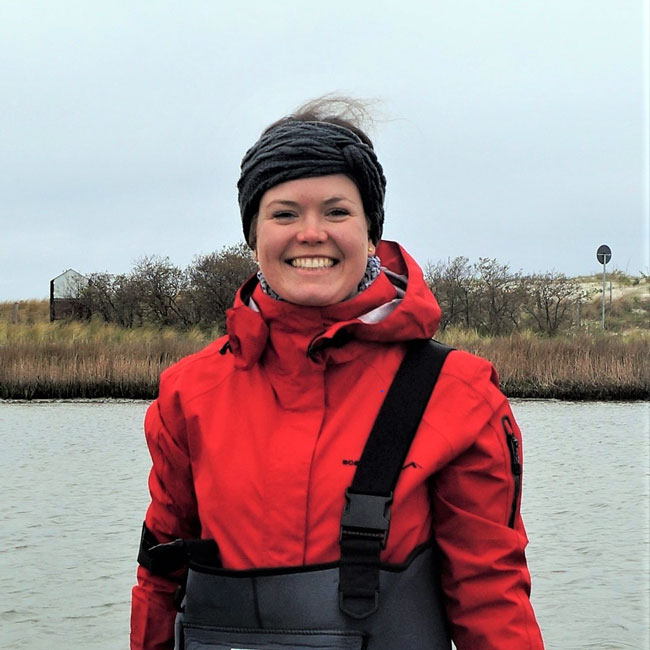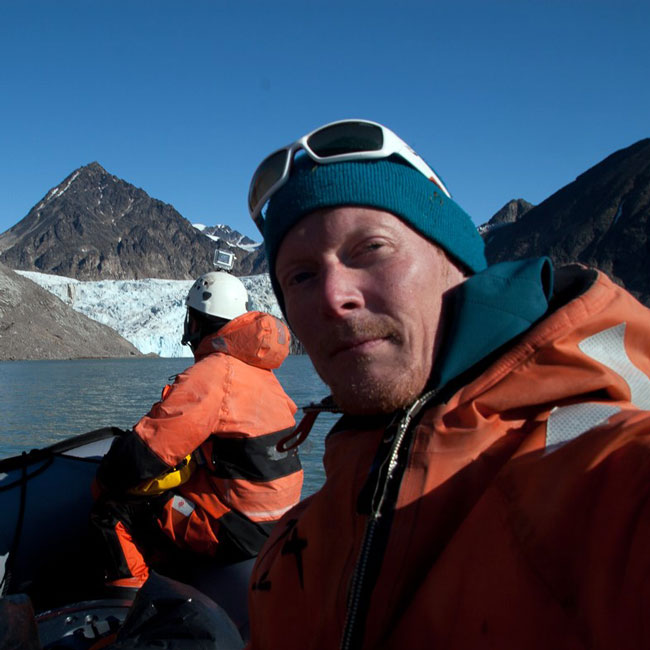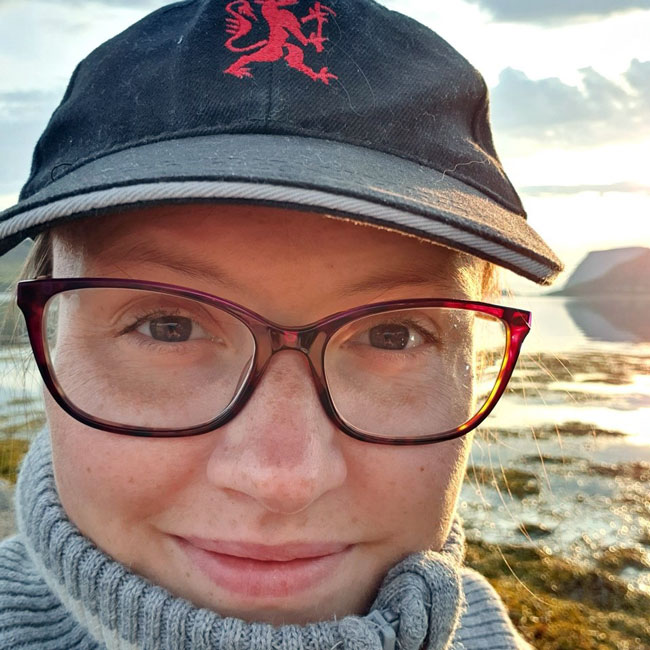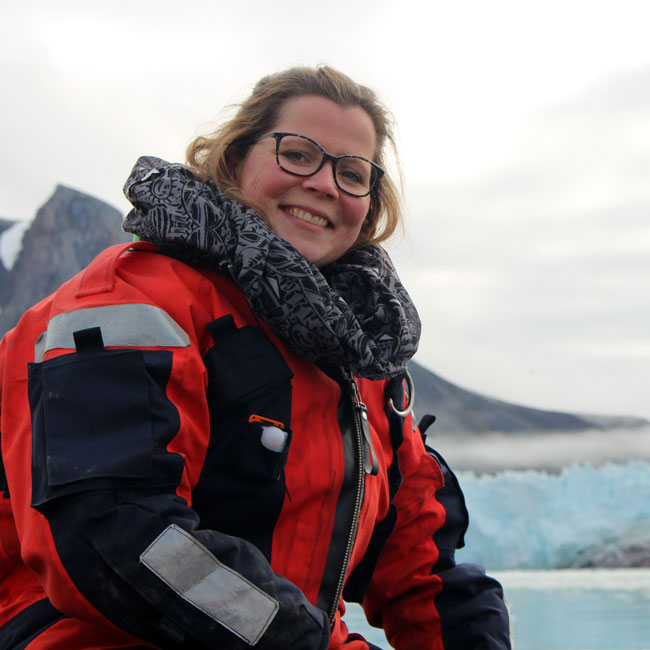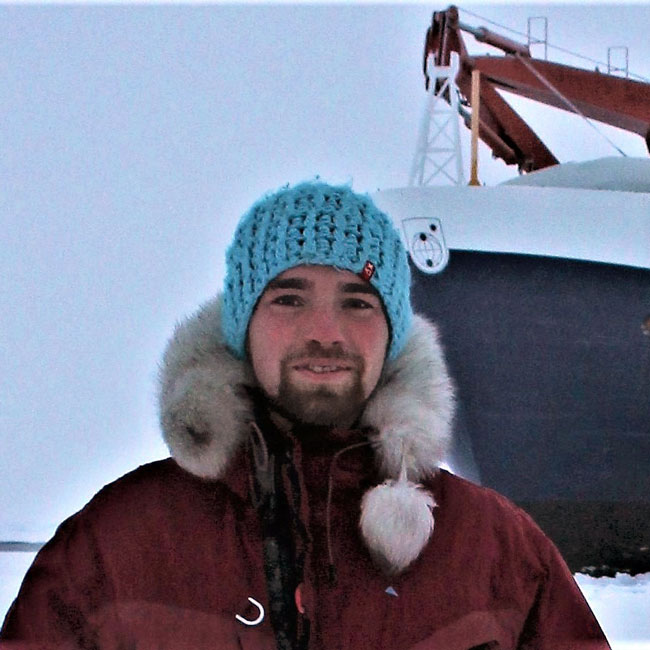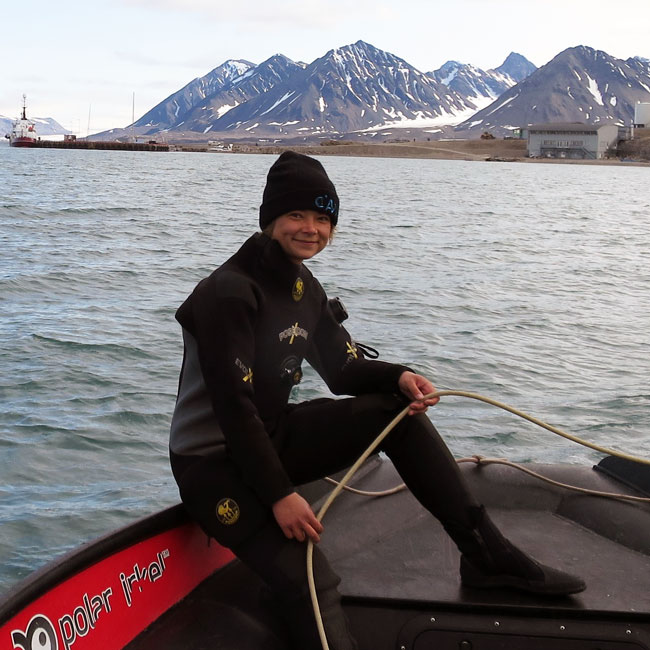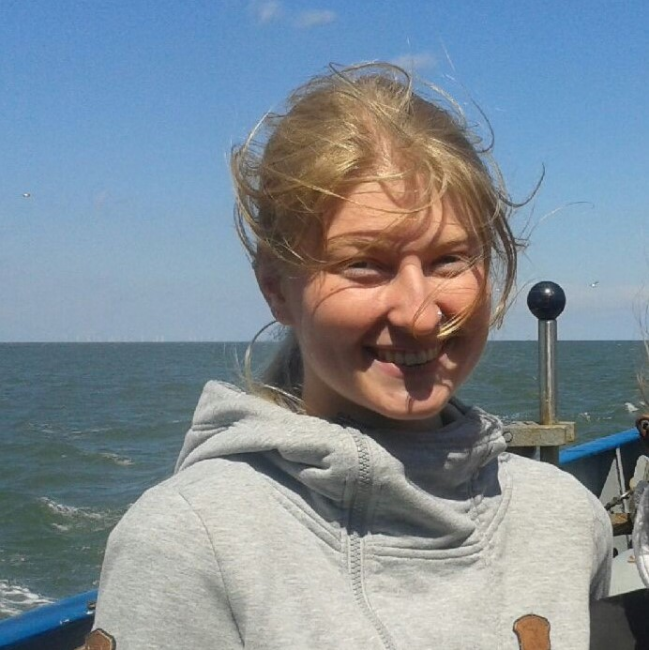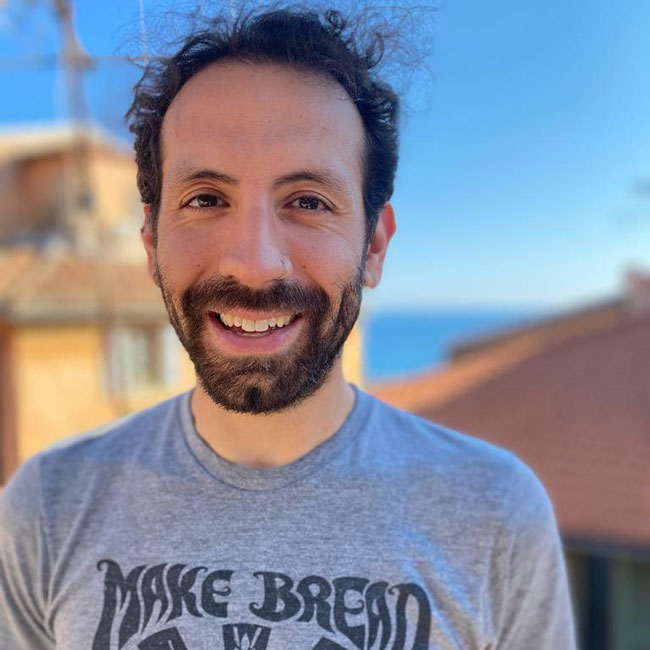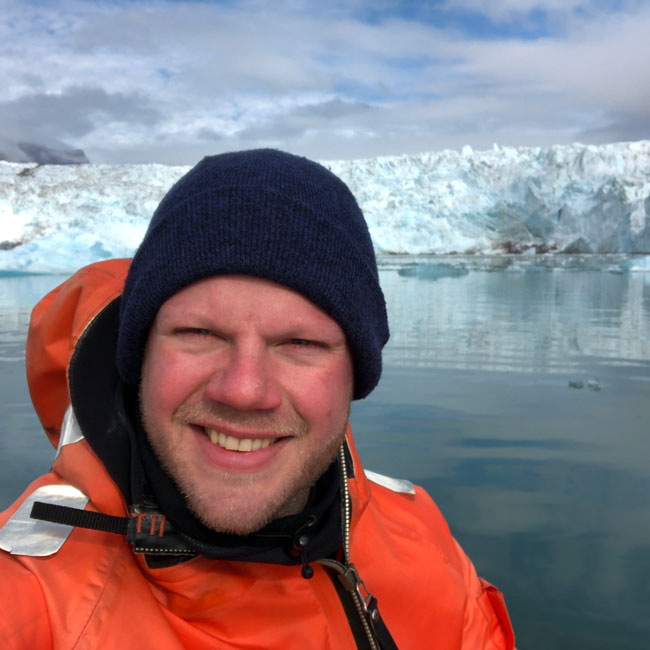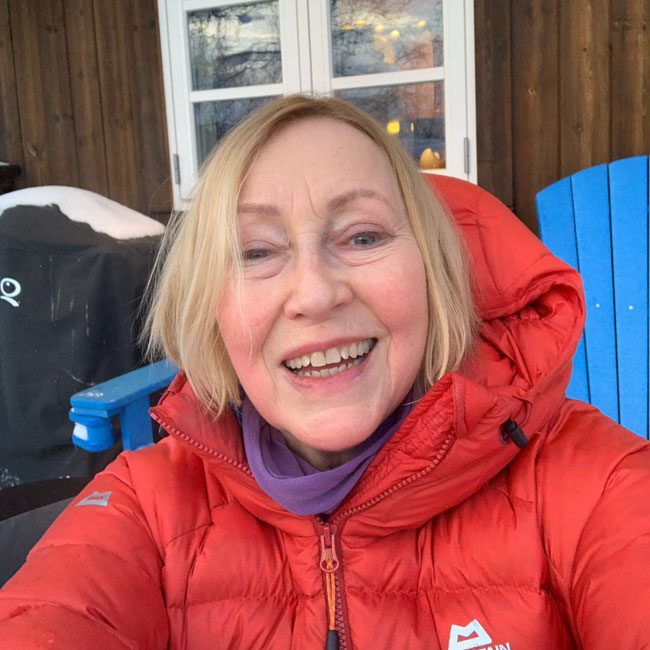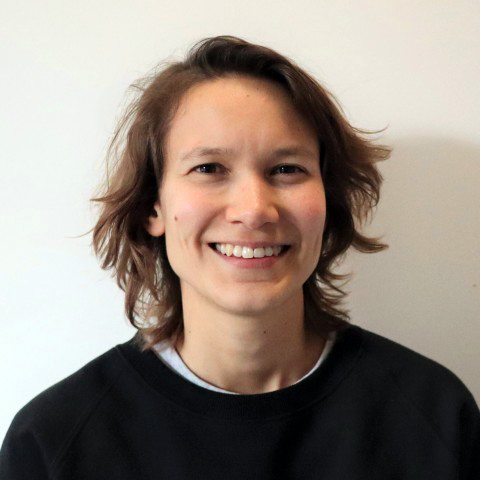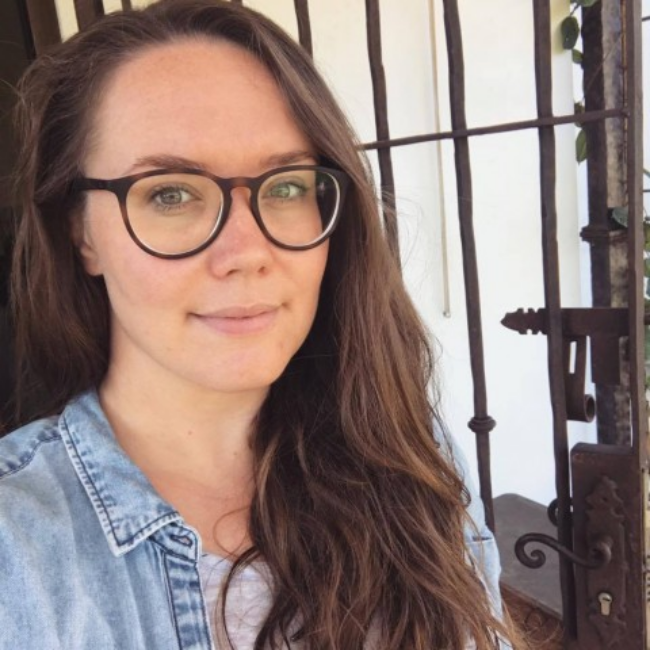Successful FACE-IT contributions at the Arctic Science Summit Week (ASSW) 2023
17 to 24 February 2023
FACE-IT contributed heavily to the Arctic Science Summit Week 2023! The ASSW 2023 took place from 17 to 24 February 2023 at the University of Vienna, Austria, with the overaching theme “The Arctic in the Anthropocene” and was hosted by the Austrian Polar Research Institute.
FACE-IT contributed two sessions to the scientific program of which one was organized jointly with our ‘sibling projects’ ECOTIP and CHARTER. Both sessions included several talks and posters by FACE-IT colleagues. The presentation “Arctic Kelp Communities in Kongsfjorden are Resilient to Global Change” by Cale Miller was hosted by the science session “Anthropogenic pollutants and their impact on marine/freshwater ecosystems in the Arctic”.
Prior to the Science Days, FACE-IT, ECOTIP and CHARTER hold a joint business meeting to further explore potential cooperation possibilities. Furthermore, FACE-IT participated and contributed to the workshops “European Coordination of Polar Research” or the EU Polar Cluster and “Polar Research Communications” of the European Polar Board.
Science Session: “The coastal Arctic and the shrinking cryosphere – consequences from biodiversity to livelihoods”
Conveners: Kai Bischof (University of Bremen, Germany) and Carina Ren (Aalborg University, Denmark)
Abstract: Arctic fjord systems and coastal areas host a diversity of human populations and are crucial habitats to Arctic marine biodiversity and harvestable marine resources. Their cryosphere has changed dramatically as a result of warming. Sea ice and glacier retreat will spur transformations in ecosystem functioning, which will cascade up the food chain from plankton communities to fish, seabirds and marine mammals. The biological diversity of Arctic coastal systems is critical for the generation of ecosystem services, which both, the tourism and fishing industries, and Indigenous and local communities depend upon to sustain their cultures and livelihoods. Cryosphere changes present a challenge for national and intergovernmental policy and legislation. It is critical to include the perspectives of local communities on factors contributing to a changing Arctic, and their experiences on adapting to and coping with change, to ensure meaningful contributions to research and policy. We invite presentations from the natural and the social sciences exploring the impacts of cryosphere reduction on the socio-ecological systems of Arctic coasts. The research presented should include an interdisciplinary view, i.e., on what changes in coastal ecology imply to the societal dimension and vice versa. This session is hosted by the EU H2020 project FACE-IT.
FACE-IT presentations:
- Robert Schlegel: “The changing fjords of the European Arctic: what do the data say?”
- Luisa Düsedau: “Kelp forest biomass and biodiversity development in Kongsfjorden”
- Halvor Dannevig: “Coping with rapid and cascading changes in Svalbard: the case of nature based tourism in Svalbard”
- Ragnhild Freng Dale: “Wilderness or playground? The importance of narratives in shaping adaptive co-management options to Svalbard tourism under a changing climate”
- Nora Diehl (poster presentation): “Heading northwards? Laminaria hyperborea in the Arctic – past, present and future”
- Luisa Düsedau (poster presentation): “Macroalgal communities in the European Arctic”
Science Session: “Shifting trophic networks along the Arctic land-coast-ocean continuum”
Conveners: Kai Bischof (University of Bremen, Germany, FACE-IT), Marja Koski (DTU Aqua, Copenhagen, Denmark, ECOTIP), Bruce Forbes (University of Lapland, Rovaniemi, Finland, CHARTER).
Abstract: Rain-on-snow-events, thawing permafrost soil, retreating glacier fronts and decreasing sea ice are manifests of cryosphere reduction, which will significantly alter Arctic ecosystem functions and related services. Complex trophic interactions from primary producers to apex predators and, ultimately, food provision to humans, have established in Arctic social-ecological systems and may experience considerable re-structuring due to shifts in biodiversity and productivity. Trophic networks and their interaction with environmental factors connect terrestrial, coastal and ocean systems, allowing for a bidirectional exchange of nutrients and energy. The EU H2020 Projects CHARTER, ECOTIP and FACE-IT invite all types of contributions from the natural and social sciences dealing with marine or terrestrial biodiversity changes that have implications to trophic networks and their related social-ecological systems. Understanding shifts in exchange processes along the land-coast-ocean continuum and their overall implications to ecosystems and human livelihoods, including farming, hunting, fisheries and tourism are of particular relevance to conservation and management needs for Arctic resources.
FACE-IT presentations:
- Tobias Vonnahme: “Identifying drivers of phytoplankton diversity and communities in Arctic fjords – From time series modelling to experiments”
- Sarina Niedzwiedz: “Rising temperatures and a deteriorating light climate are limiting the expansion of temperate kelp species in the Arctic”
- Marie Koch: “Grazing by sea urchins in the arctic Porsanger fjord”
Business meeting: “The changing cryosphere: implications to Arctic biodiversity in terrestrial, coastal and marine socio-ecological systems”
Convener: Kai Bischof (University of Bremen, Germany, FACE-IT)
This meeting will bring together scientists of the three EU Horizon 2020 projects CHARTER, ECOTIP and FACE-IT, all funded under the same call “The changing cryosphere: uncertainties, risks and opportunities: Changes in Arctic biodiversity”. The meeting will be used as a hub for knowledge exchange, drafting of overarching review papers and planning of joint outreach events and policy dialogue meetings. By these joint efforts the projects strive to maximise their impact, both scientifically and with respect to stakeholder and policy advice.
Agenda:
- Research highlights of the projects: Marja Koski (DTU Aqua, Copenhagen, Denmark, ECOTIP), Bruce Forbes (University of Lapland, Rovaniemi, Finland, CHARTER). Kai Bischof (University of Bremen, Germany, FACE-IT)
- Data Management Approaches: Artur Palacz (IO PAN, Poland, ECOTIP): geonetwork, Robert Schlegel (Sorbonne University, France, FACE-IT): meta-database & data access app
- Sarina Niedzwiedz (University of Bremen, Germany, FACE-IT) & Claudia Schmidt (Helmholtz-Zentrum Hereon, Germany, ECOTIP): “Does terrestrial run-off affect the food quality of kelps in the Arctic – a joint ECOTIP – FACE-IT approach”
- Amy L. Lovecraft (University of Alaska at Fairbanks, USA): “The International Arctic Research Center in Fairbanks and the project Climate and Cryosphere (CliC)“
- Mixing, mingling & brainstorming on joint activities
Photos: Simon Jungblut (University of Bremen, Germany, FACE-IT)
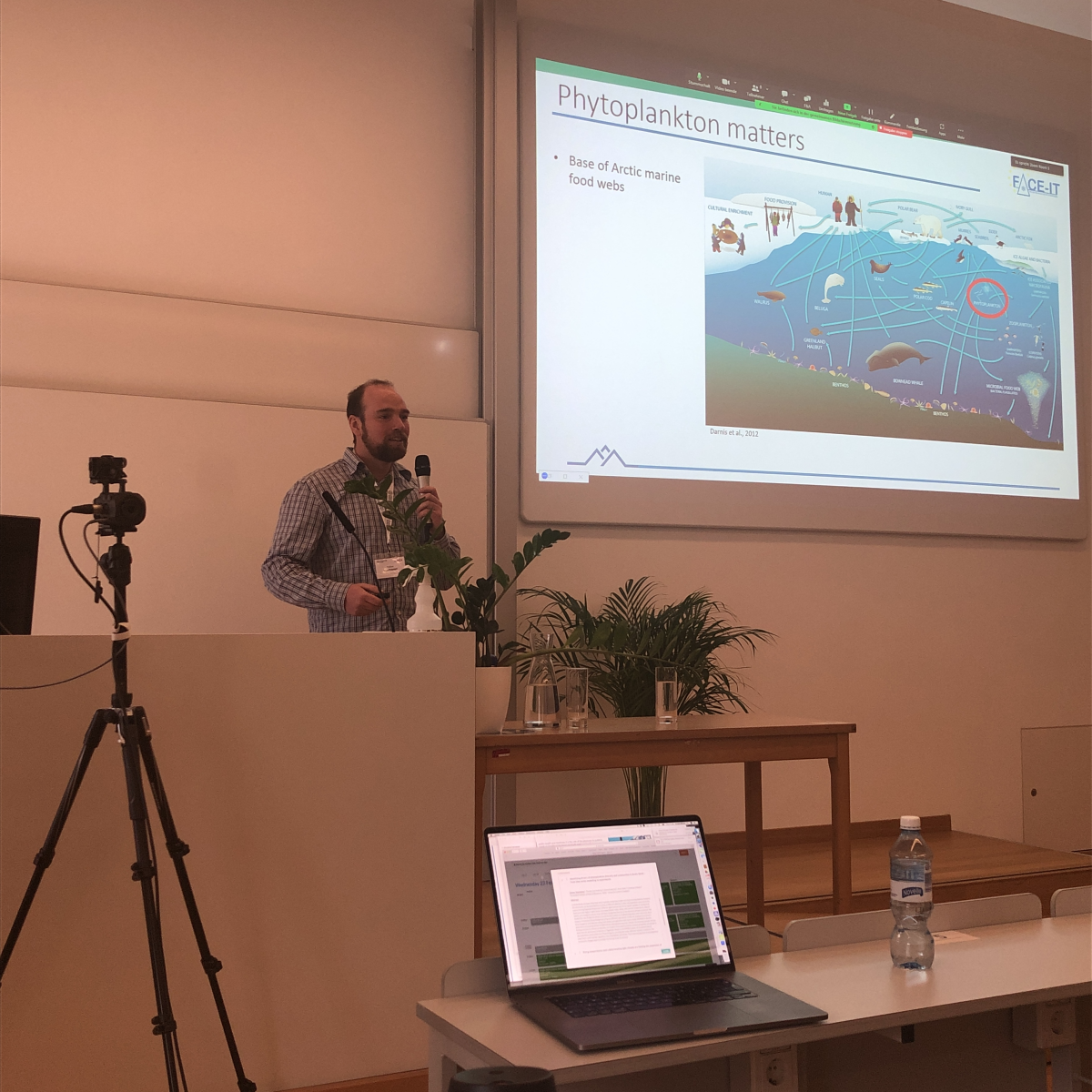
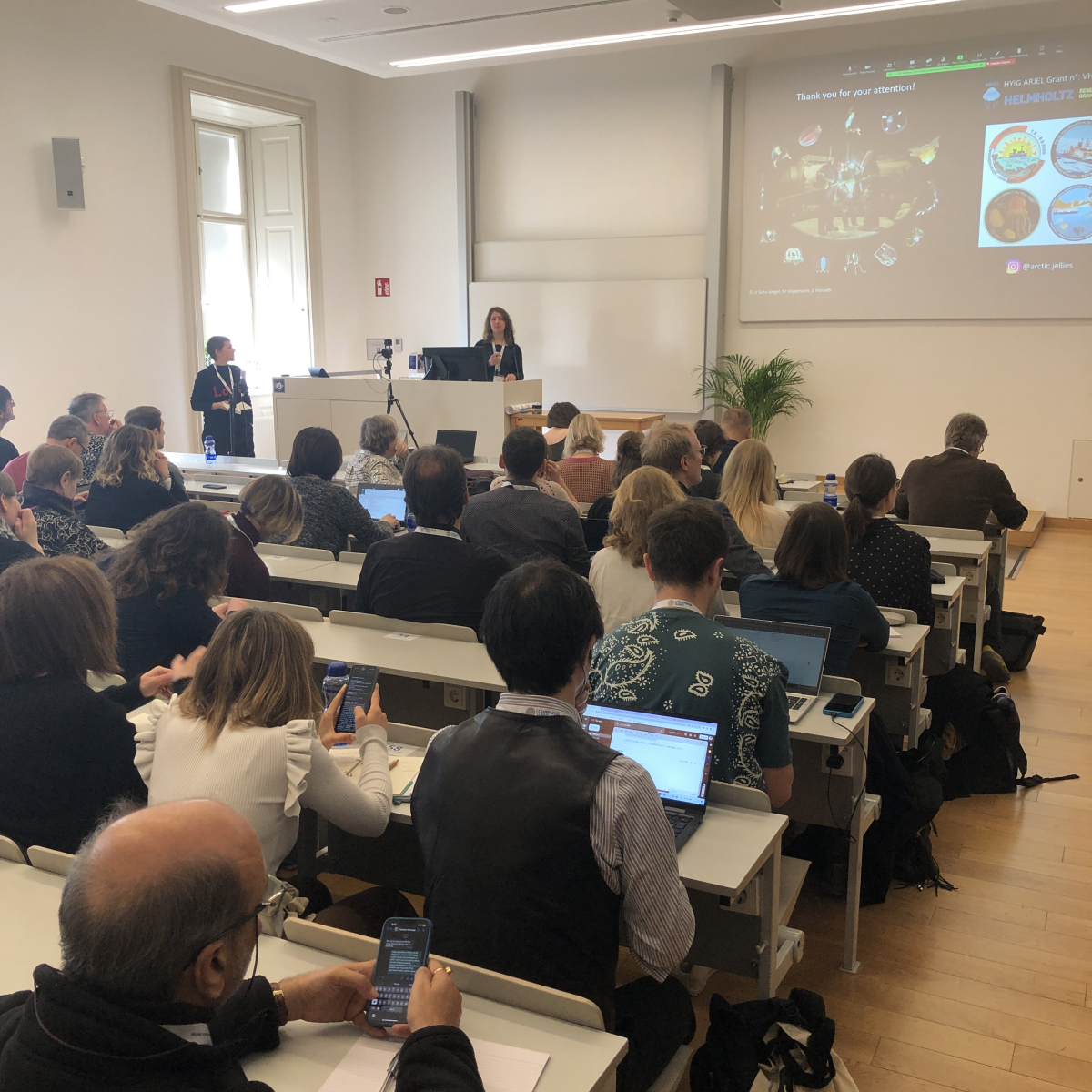
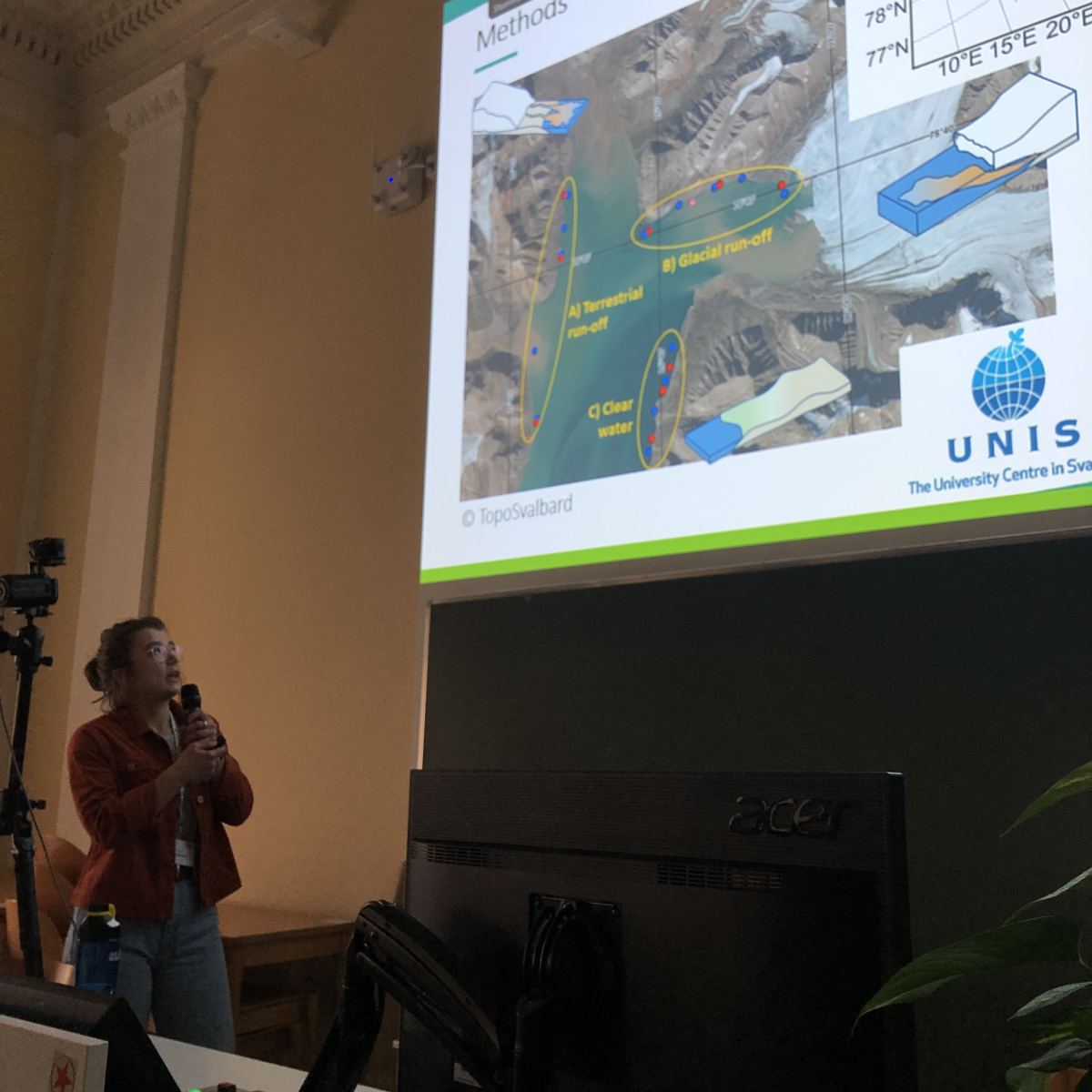
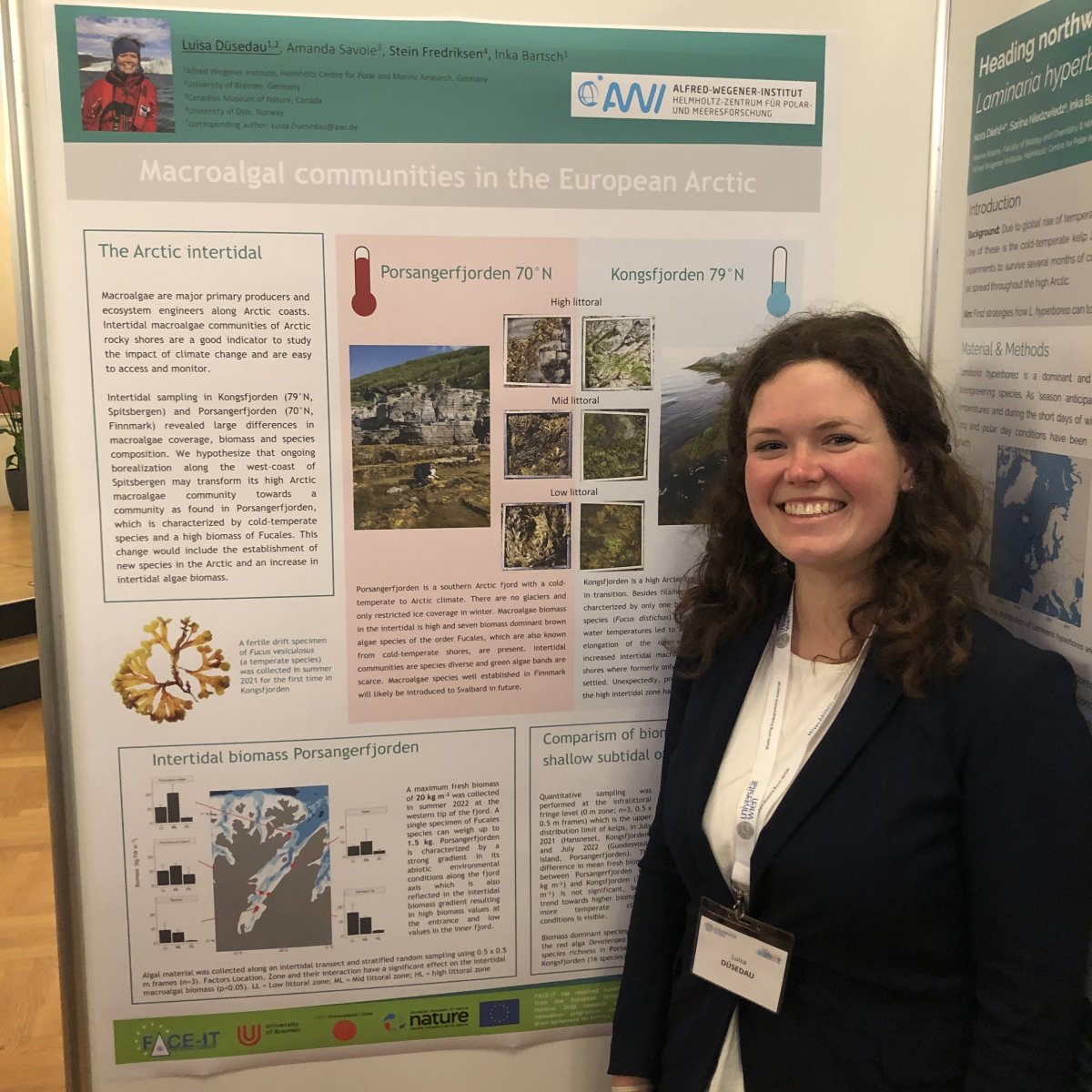
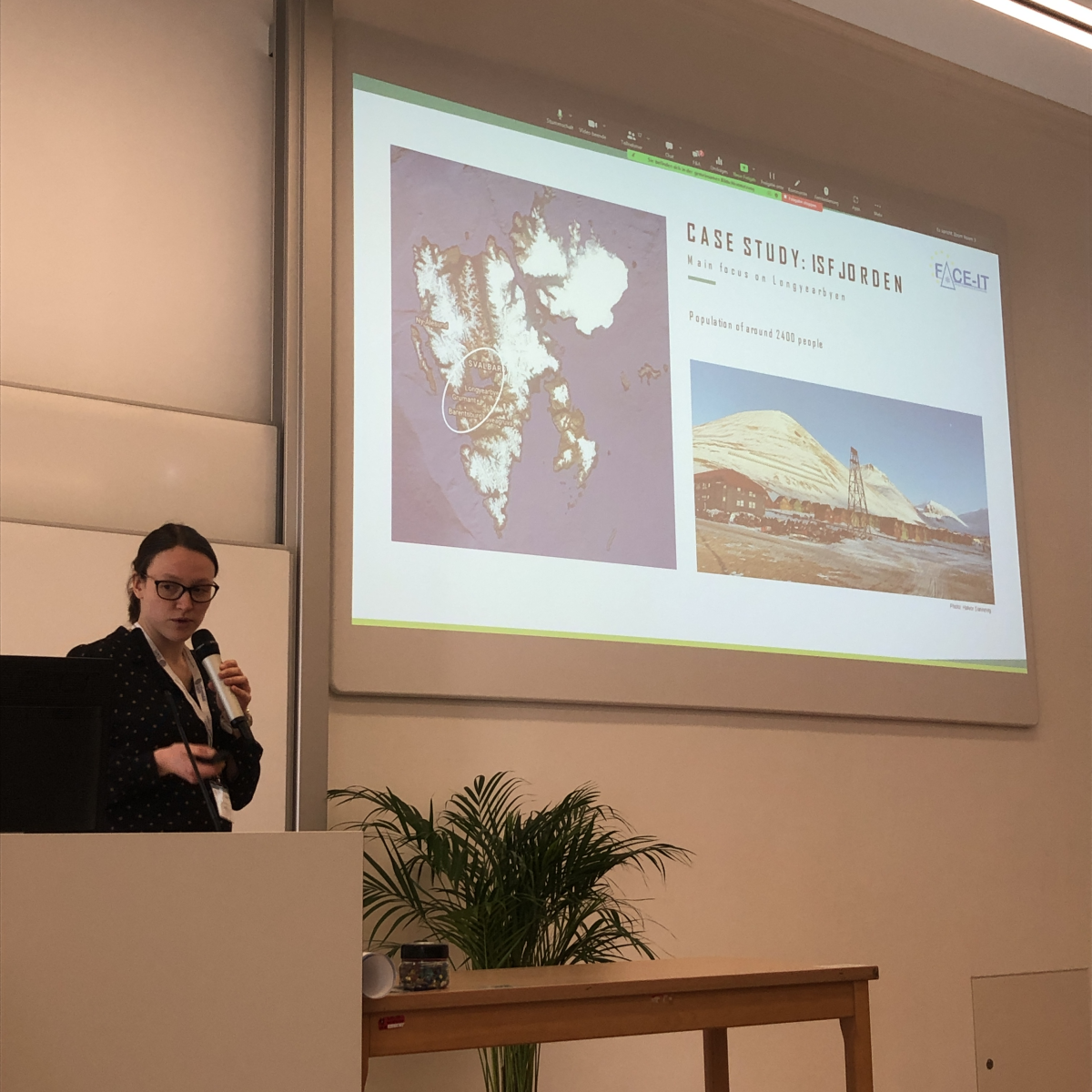
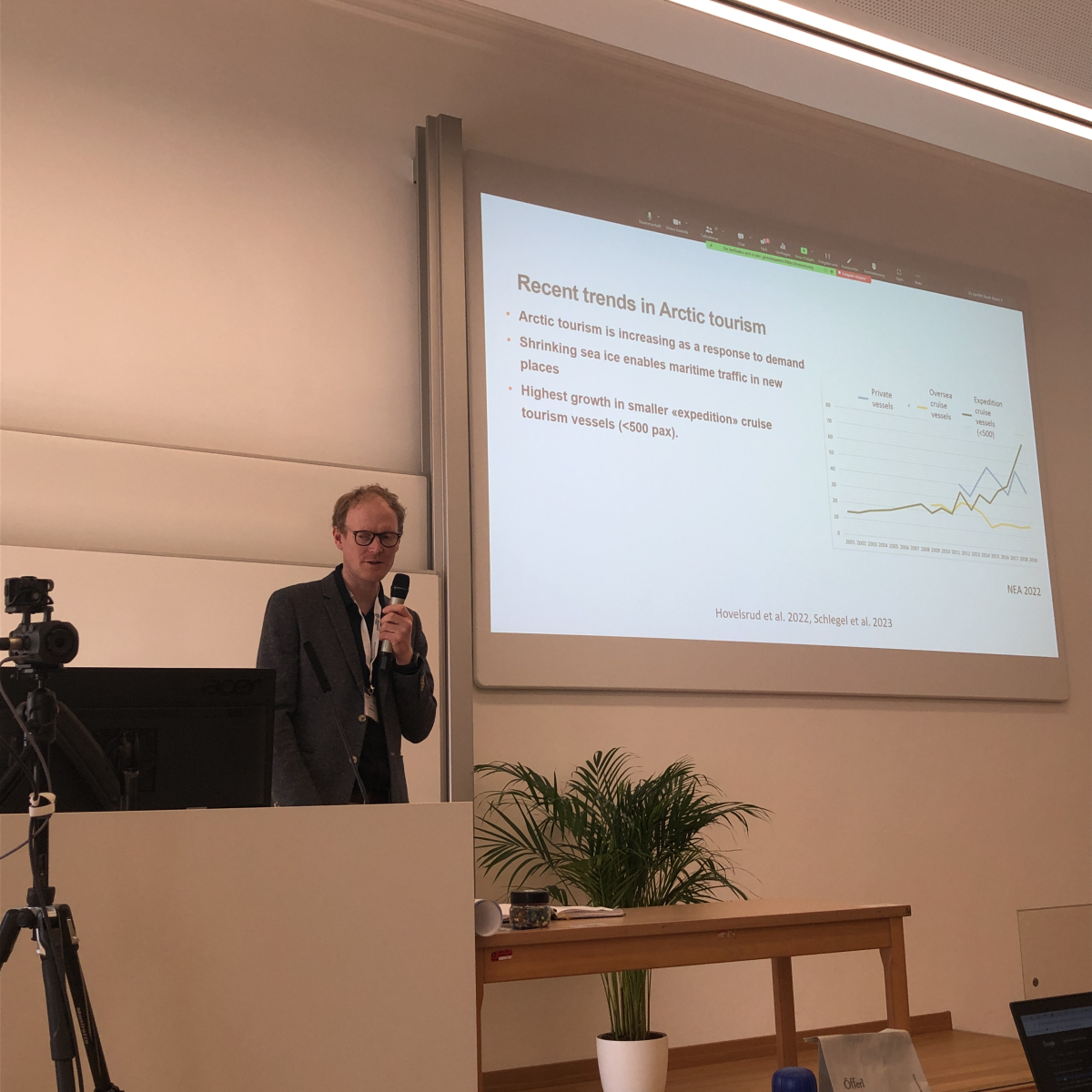
People involved
Kai BISCHOF
Role in FACE-IT:
• Scientific Coordinator
• Member of the Executive Board
• Co-Leader "Policy Dialogue and Outreach"
• Co-Leader "Project Management"
• Leader "Ethical Requirements"
• Researcher "Biodiversity Changes"
• Researcher "Ecosystem Function Changes"
Marine Botany, University of Bremen, Germany
Center for Marine Environmental Sciences MARUM, University of Bremen, Germany
UBremen personal page
Kai’s FACE-IT Projects
Carina REN
Role in FACE-IT:
• Researcher "Food Provision and Livelihoods"
• Researcher "Nature-based Tourism"
Aalborg University, Aalborg, Denmark
AAU personal page
Robert Schlegel
Role in FACE-IT:
• Researcher "Identify Key Drivers and Data Management"
Sorbonne Université – CNRS, Laboratoire d’Océanographie de Villefranche, Villefranche sur Mer, France
The Ocean Code
Luisa DÜSEDAU
Role in FACE-IT:
PhD student in WP2
Alfred Wegener Institute, Helmholtz Centre for Polar and Marine Research, Bremerhaven, Germany
University of Bremen, Germany
ResearchGate
Halvor DANNEVIG
Role in FACE-IT:
• Leader "Nature-based Tourism"
Western Norway Research Institute, Sogndal, Norway
Norwegian Centre for Sustainable Climate Change Adaptation (Noradapt)
WNRI personal page
Halvor’s FACE-IT Projects
Ragnhild FRENG DALE
Role in FACE-IT:
• Researcher "Nature-based Tourism"
Western Norway Research Institute, Sogndal, Norway
Ragnhild’s FACE-IT Projects
Nora DIEHL
Role in FACE-IT:
• Researcher "Biodiversity Changes"
• Researcher "Ecosystem Function Changes"
Marine Botany, University of Bremen, Germany
ResearchGate
Nora’s FACE-IT Projects
Tobias Reiner VONNAHME
Role in FACE-IT:
• Researcher "Biodiversity Changes"
• Researcher "Ecosystem Function Changes"
Greenland Institute of Natural Resources, Greenland Climate Research Centre (GCRC), Nuuk, Greenland
Tobias’ FACE-IT Projects
Sarina NIEDZWIEDZ
Role in FACE-IT:
• PhD student "Ecosystem Function Changes"
Marine Botany, University of Bremen, Germany
Sarina’s FACE-IT Projects
Marie KOCH
Role in FACE-IT:
• PhD student "Biodiversity Changes"
Alfred Wegener Institute, Helmholtz Centre for Polar and Marine Research, Bremerhaven, Germany
University of Bremen, Germany
Marie’s FACE-IT Projects
Cale MILLER
Role in FACE-IT:
• Researcher "Biodiversity Changes"
Sorbonne Université – CNRS, Laboratoire d’Océanographie de Villefranche, Villefranche sur Mer, France
Cale’s FACE-IT Projects
Simon JUNGBLUT
Role in FACE-IT:
• Scientific Project Manager
• Member of the Executive Board
• Co-Leader "Policy Dialogue and Outreach"
• Co-Leader "Project Management"
• Researcher "Biodiversity Changes"
Marine Botany, University of Bremen, Germany
Association of Marine Sciences, Bremen
Society for Natural Sciences NWV, Bremen, Germany
UBremen personal page
ResearchGate
Grete K. HOVELSRUD
Role in FACE-IT:
• Member of the Executive Board
• Leader "Transdisciplinary Synthesis"
• Researcher "Identify Key Drivers and Data Management"
• Researcher "Food Provision and Livelihoods"
• Researcher "Nature-based Tourism"
Nordland Research Institute, Bodø, Norway
Nord University, Bodø, Norway
Center for International Climate Research Oslo – CICERO, Oslo, Norway
Grete’s FACE-IT Projects I
Grete’s FACE-IT Projects II
ANNA SVEINSDÓTTIR
Role in FACE-IT:
• Researcher "Nature-based Tourism"
Nordland Research Institute, Svolvær, Norway
Anna’s FACE-IT Projects
